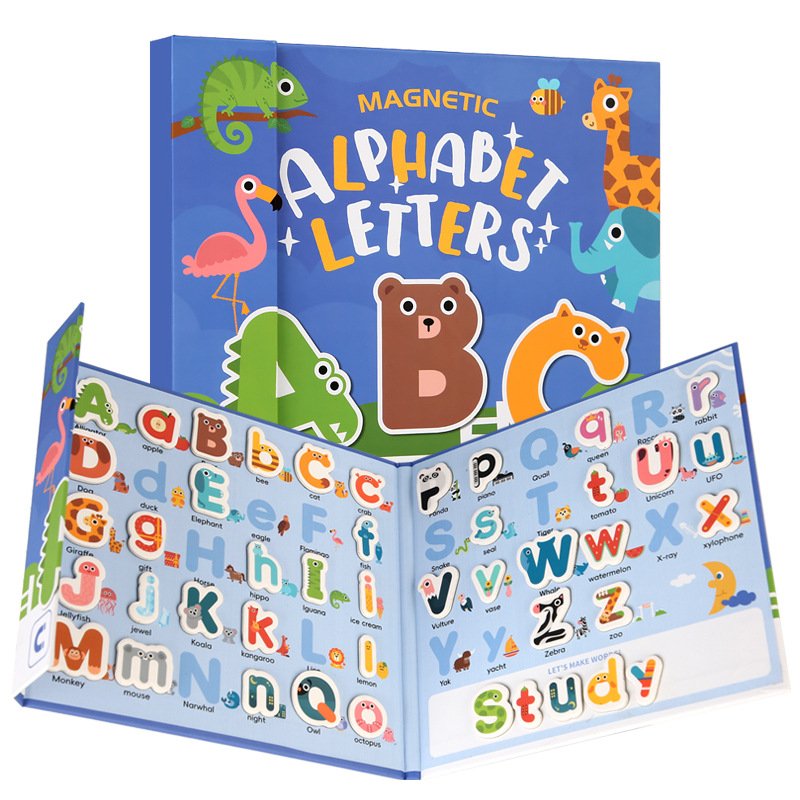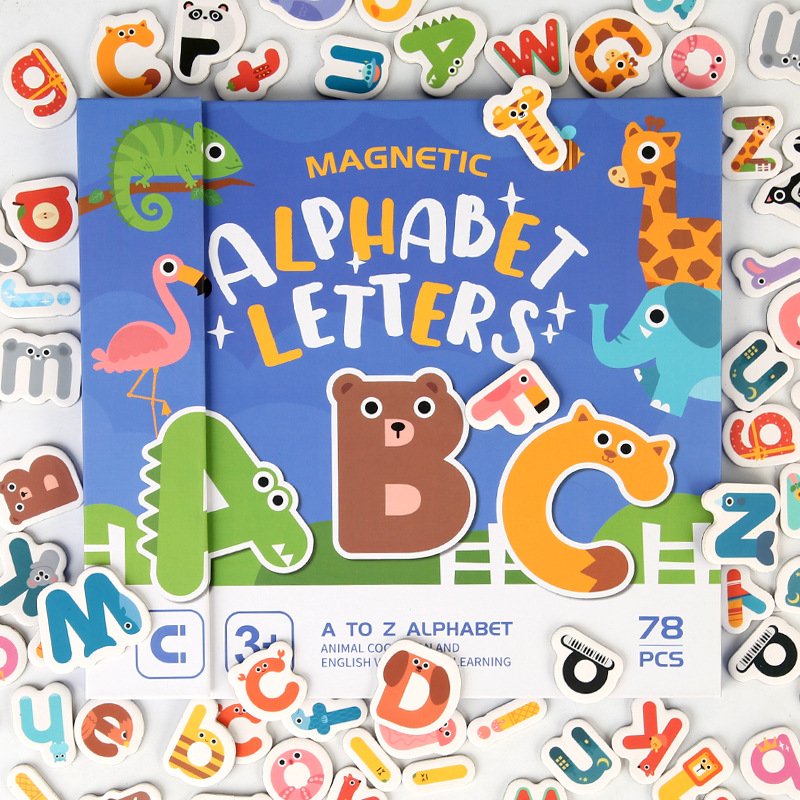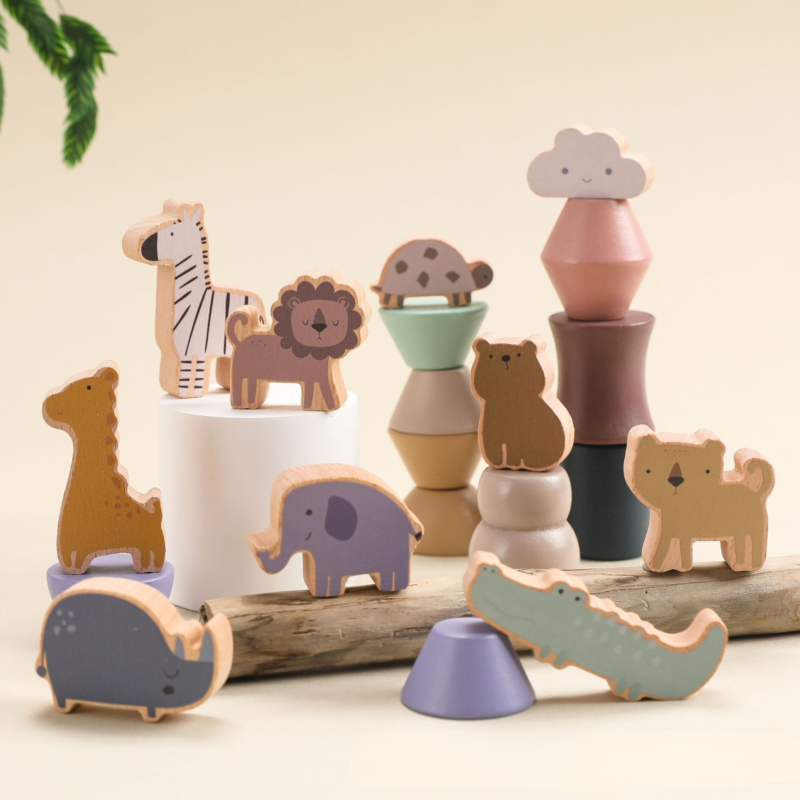In the global marketing landscape, particularly in industries impacting children, a profound responsibility exists to uphold ethical standards. The recent scandal involving Balenciaga poignantly highlights this necessity. Despite robust systems in place, the fashion giant faced backlash over its children’s wear advertising campaign, underlining that even with vigilant systems, supply chain partners can still undermine these measures, misusing the brand’s reputation and bypassing ethical protocols.
This case is not just about the legalities of marketing practices but also touches on the deeper, often unseen consequences of child labor abuse. Beyond the physical toll, child labor has a severe impact on the psychological and emotional well-being of children. The stress, anxiety, and loss of childhood experienced by children involved in labor, particularly in roles like marketing and advertising, can lead to long-term developmental issues, affecting their education, social skills, and mental health. This understanding deepens our commitment at Gigbib to not only avoid these practices but also to actively combat their occurrence in the industry.
The Complexities of Child Labor in Digital Marketing
Reflecting on incidents like Balenciaga’s, the toy industry faces similar ethical dilemmas, especially in digital marketing. In this realm, the exploitation of children and the psychological impacts of early commercial exposure become critical concerns. The digital landscape, with its global reach and diverse content sources, complicates the enforcement of child labor standards, presenting unique challenges for companies like Gigbib. We are committed to navigating these complexities with vigilance and a proactive approach, ensuring that our marketing practices are not only engaging but also uphold the highest standards of ethical responsibility and respect for children’s rights.
Certainly, here’s the third part focusing on Gigbib’s specific actions to address child labor abuse:
- 1. Rigorous Monitoring of Manufacturing Processes
Our dedicated buyer team, stationed at manufacturing hubs, plays a crucial role in ensuring that our products are made ethically. This team conducts strict monitoring and regular audits of our manufacturers to ensure there is no child labor involved in the production of our toys. This hands-on approach allows us to maintain a high standard of ethical production.
- 2. Ensuring Child Labor-Free Marketing and Advertising
In our marketing and advertising, we adhere to a firm policy of not using real child labor. We understand that our customers value the distinction between Gigbib and other websites where such practices might be less scrutinized. By ensuring that all our marketing materials are free from child labor, we maintain a high ethical standard that sets us apart in the industry.
- 3. Leveraging AI Technology
Where necessary, we utilize advanced AI technology to create or augment marketing content. This innovative approach allows us to reduce the need for child models, thereby minimizing the risk of exploitation. AI-generated content offers a creative and ethical alternative, helping us maintain engaging and responsible marketing.
- 4. Selective Partnership with Advertisers
We are selective in our partnerships with advertisers, ensuring that they share our commitment to ethical practices. Each piece of content from our partners is thoroughly audited before publication to ensure it aligns with our standards against child labor abuse. This strict vetting process ensures that all advertising associated with Gigbib upholds our values and commitment to responsible marketing.
Through these efforts, Gigbib strives to be a leader in ethical toy marketing. Our approach not only reflects our values but also sets a precedent for the industry, demonstrating that effective marketing can be both ethical and successful.
Gigbib’s Uncompromising Commitment to Ethical Practices
At Gigbib, our philosophy is rooted in the principle of achieving our goals without compromise. This ethos is vividly reflected in our approach to tackling child labor in marketing. We understand that this commitment might come with certain trade-offs, such as our marketing content potentially being less aggressive compared to other retailers. However, we firmly believe that the ethical integrity of our marketing practices is paramount and should not be sacrificed for competitiveness.
Our stance against child labor in marketing is akin to our efforts in environmental sustainability – both are driven by a desire to address issues at their root. We’re not content with surface-level solutions or half-measures. Instead, we aim for comprehensive, deep-rooted changes that align with our core values and make a real difference.
Gigbib’s journey towards zero child labor in marketing is an extension of our broader mission to operate as a socially responsible and ethically conscious business. We trade potential short-term gains for long-term, sustainable practices that respect human dignity and promotion.
At Gigbib, we firmly believe that involving children in the marketing process for toys is not a necessity but a choice — and it is one we choose not to make. Our decision is grounded in respect for the rights of children and a commitment to their well-being. The toy industry, with its direct influence on children, has a unique responsibility to ensure that its practices do not exploit or harm its primary audience.
Our marketing strategies are designed to captivate and engage, but never at the expense of ethical standards. We strive to be a leader in demonstrating that successful marketing in the toy industry can be achieved without compromising the rights and welfare of children. By maintaining this stance, we not only uphold our values but also contribute to a broader movement towards more responsible and ethical practices in the industry.
In conclusion, Gigbib’s commitment to ethical marketing is a testament to our respect for children’s rights. We stand firm in our belief that the toy industry can, and should, set a high standard for ethical marketing — a standard that respects the innocence of childhood and prioritizes the well-being of its most important stakeholders: the children.
For additional resources relevant to your blog about ethical practices in the toy industry, particularly focusing on marketing and child labor, here are four sources that could provide valuable insights:
- 1. ICTI’s Guiding Principles for Advertising and Marketing Communication to Children**: This resource from the International Council of Toy Industries (ICTI) outlines the guiding principles for ethical advertising and marketing to children. It emphasizes the importance of responsible marketing techniques that are respectful and appropriate for children, and underscores the commitment of ICTI members to maintain these ethical standards across all communication channels. [oai_citation:1, Guiding Principles for Advertising and Marketing Communication to Children](https://toy-icti.org/icti/resources/statements/marketing-to-children.aspx).
- 2. The Rise of Ethical Toy Brands**: This article discusses the growing trend of ethical toy brands and their focus on fair labor practices, sustainability, and responsible production. It highlights how these brands are changing the industry through sustainable materials, supply chain transparency, fair wages, and eco-friendly packaging. This perspective could be beneficial in emphasizing the broader movement towards ethical practices in the toy industry . [oai_citation:2,The Rise Of Ethical Toy Brands | The Good Boutique](https://www.thegoodboutique.com/inspiration/the-rise-of-ethical-toy-brands).
- 3. The Toy Industry, Social Responsibility, and the Supply Chain**: A webinar by the Toy Association provides an overview of key social responsibility issues in the toy industry, including fair labor practices and workplace safety. This resource can offer insights into industry-wide efforts to promote responsible practices throughout the supply chain, which could be a valuable angle for your blog. [oai_citation:3, The Toy Industry, Social Responsibility, and the Supply Chain(https://www.toyassociation.org/Resources/Education_Services/ToyIndustryIssues/The_Toy_Industry__Social_Responsibility__and_the_Supply_Chain.aspx).
These sources provide a comprehensive view of the various aspects of ethical practices in the toy industry, from manufacturing to marketing, and can enrich the content of your blog with diverse perspectives and insights.































